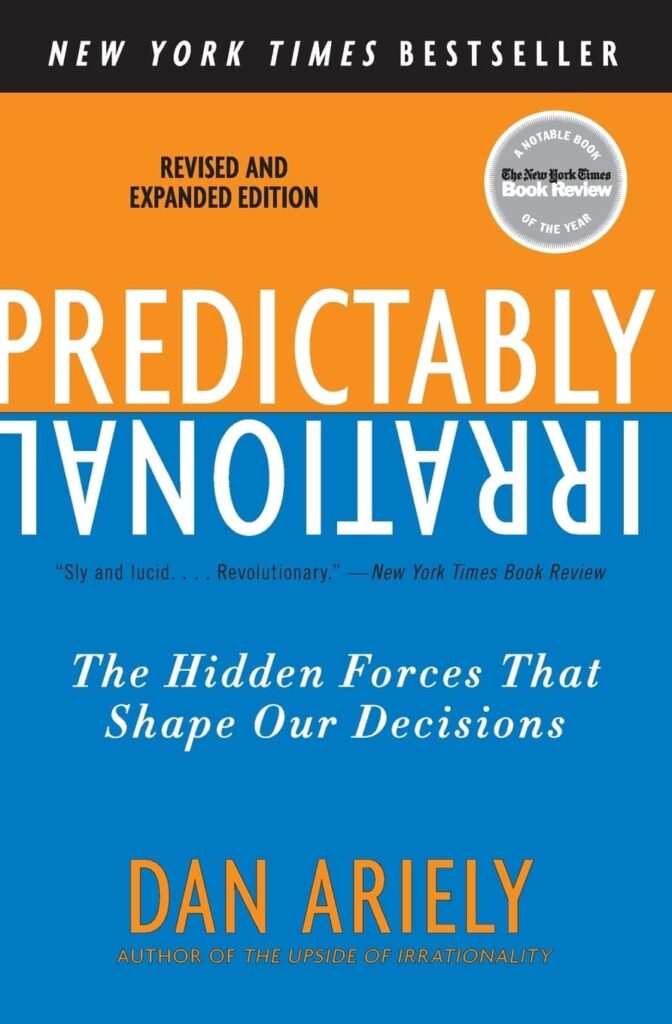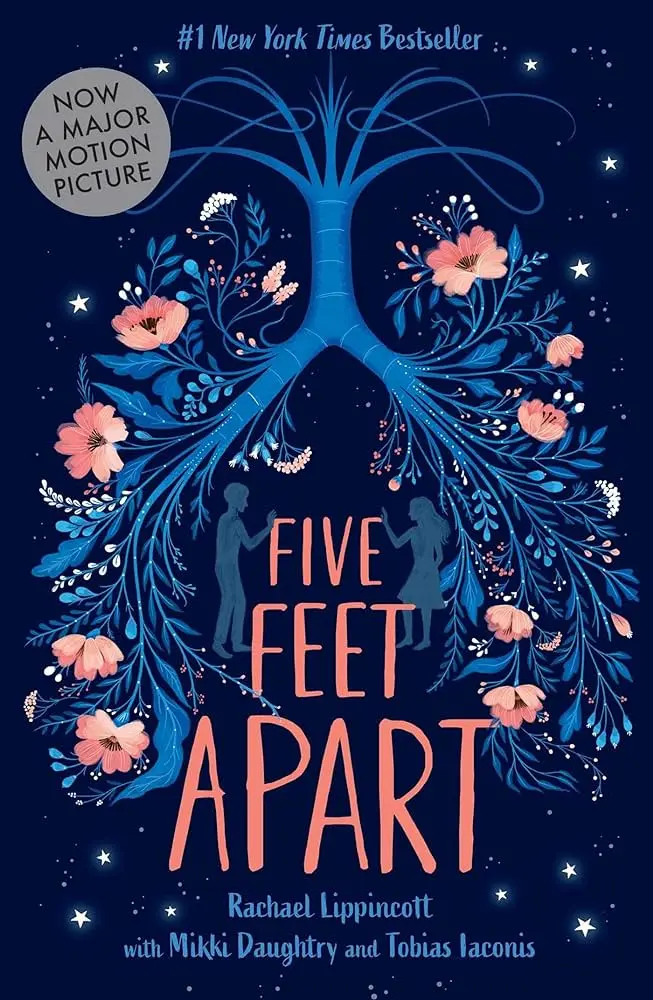You know how sometimes you pick up a book expecting mind-blowing insights, only to find yourself raising an eyebrow more often than nodding along? That was my experience with “Predictably Irrational” by Dan Ariely. While it has some interesting observations about human behavior, there are some significant issues that I just can’t overlook. As always, my main points are bolded. 🙂
- The experimental methodology raises some serious questions. As someone who took statistics in college (and barely survived, I might add!), I found myself constantly questioning the validity of Ariely’s conclusions. For instance, in his cheating experiments, he assumes the group with higher scores must have cheated, even though they destroyed their answer sheets. Couldn’t they just have been better prepared? Or maybe had that extra shot of espresso that morning? It reminds me of when my friend accused me of cheating at Monopoly just because I was winning – sometimes there are other explanations!
- The anecdotal evidence is treated as universal truth. One of the most glaring examples is when Ariely bases his entire understanding of Iran’s business culture on a single MIT student’s perspective. I remember when my cousin tried to convince me all of Italy was exactly like her one weekend in Rome – it’s just not how analysis works! These broad generalizations based on limited examples really undermined the book’s credibility for me.
- The writing style relies heavily on leading the reader. I noticed how Ariely carefully crafts his descriptions to guide readers toward his desired conclusions. When he describes a subject as a “clever master’s student with a charming Indian accent,” it’s pretty obvious he’s trying to make us more receptive to that person’s perspective. It felt a bit like those commercials that show happy families using a product – you know they’re trying to manipulate your emotions.
- The book’s handling of gender is problematic. There’s an underlying assumption throughout the text that doctors are male (with wives), and some of the experiments described seem to reinforce rather than challenge gender stereotypes. As someone who grew up with a female doctor for a mom, this kind of assumption always makes me cringe.
- The social norms versus market norms analysis is actually quite interesting. This was one of the stronger parts of the book, where Ariely explores how companies try to establish social relationships with customers while still operating on market principles. His observation about how this can backfire (like when banks charge hefty fees while claiming to be “like family”) actually resonated with my own experiences with certain businesses.
- The solutions proposed feel unrealistic. For example, suggesting that credit card companies should create cards with built-in limits seems naive at best. It reminded me of when I suggested to my cat that she should just eat less – some things sound good in theory but aren’t going to happen in reality!
- The book feels derivative of other behavioral economics works. If you’ve read “Freakonomics,” “Blink,” or “Sway,” a lot of this will feel familiar. The insights about how branding affects our perception (like enjoying Coke more when we know it’s Coke) aren’t particularly groundbreaking anymore.
- The experimentation with college students and beer seems insufficient for drawing broader conclusions. While I appreciate the attempt to make the research relatable, using such a specific demographic to draw universal conclusions about human behavior feels like a stretch. It’s like assuming everyone’s morning routine is the same as a college student’s just because you studied dorm life!
Overall, while “Predictably Irrational” has some interesting moments and makes some valid points about human decision-making, it falls short in several crucial areas. The reliance on anecdotal evidence, questionable experimental conclusions, and sometimes problematic assumptions make it hard to fully embrace the book’s arguments.
I’d say this is worth reading if you’re new to behavioral economics and haven’t already explored similar books. However, I’d recommend approaching it with a critical eye and being aware of its limitations. Think of it as starting a conversation about human behavior rather than providing definitive answers.
For those who’ve already read books like “Freakonomics” or “Blink,” you might want to skip this one – it’s covering similar ground without adding substantially new insights. Sometimes being predictably irrational means knowing when to pass on a book that’s telling us what we already know!
Subscribe to our newsletter and get two free novels!



